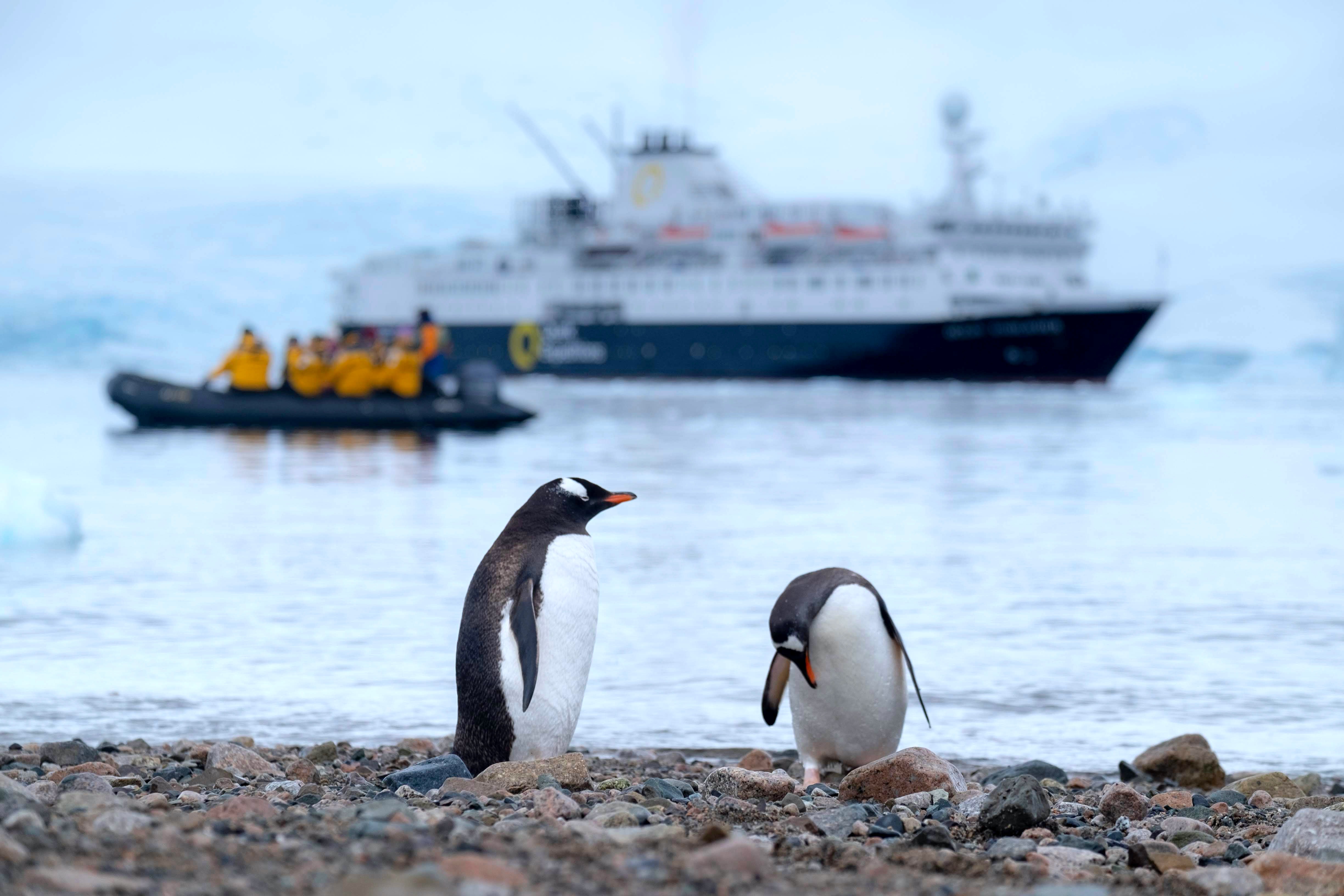News release
From:
Trends in Ecology & Evolution: Maintaining Antarctica’s isolation from non-native species
Abstract: Antarctica’s isolation has been breached by various non-native species, including microbes, a grass, and some invertebrates. As yet, no marine species have reportedly established populations. With increasing effects of climate change and human activity, continued concerted action is needed to keep Antarctica protected from the impacts of non-native species establishment.



 Australia; TAS
Australia; TAS



